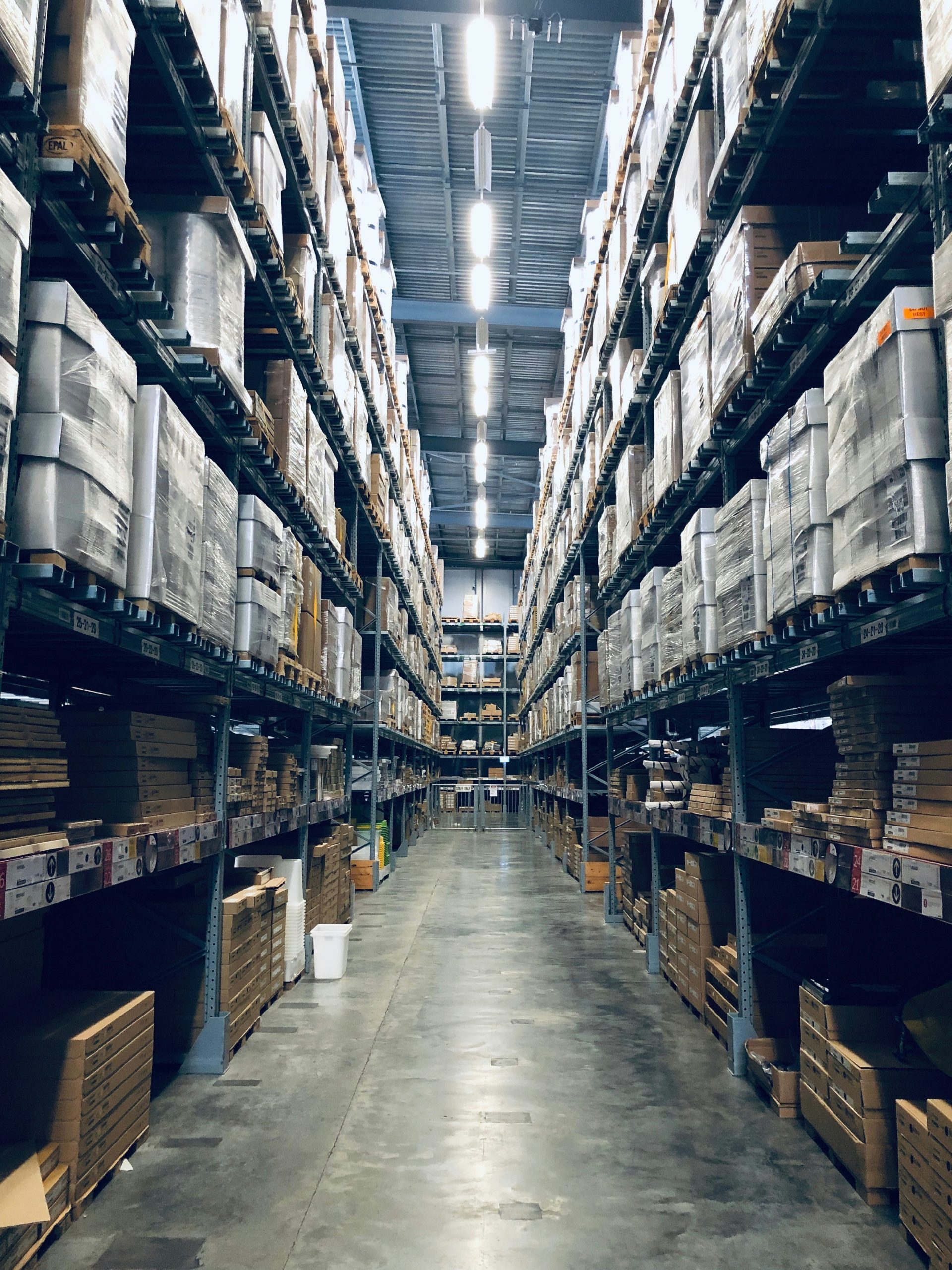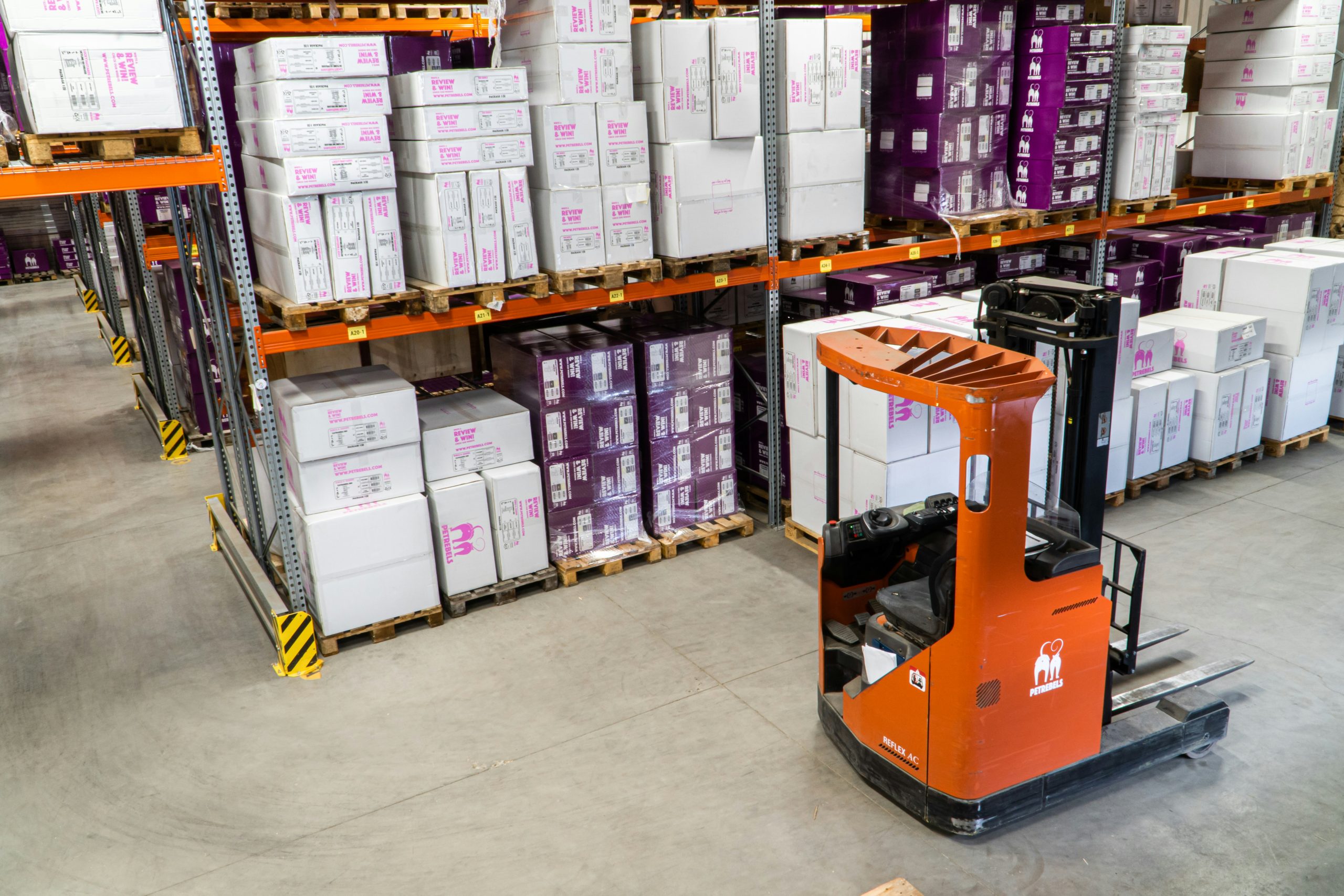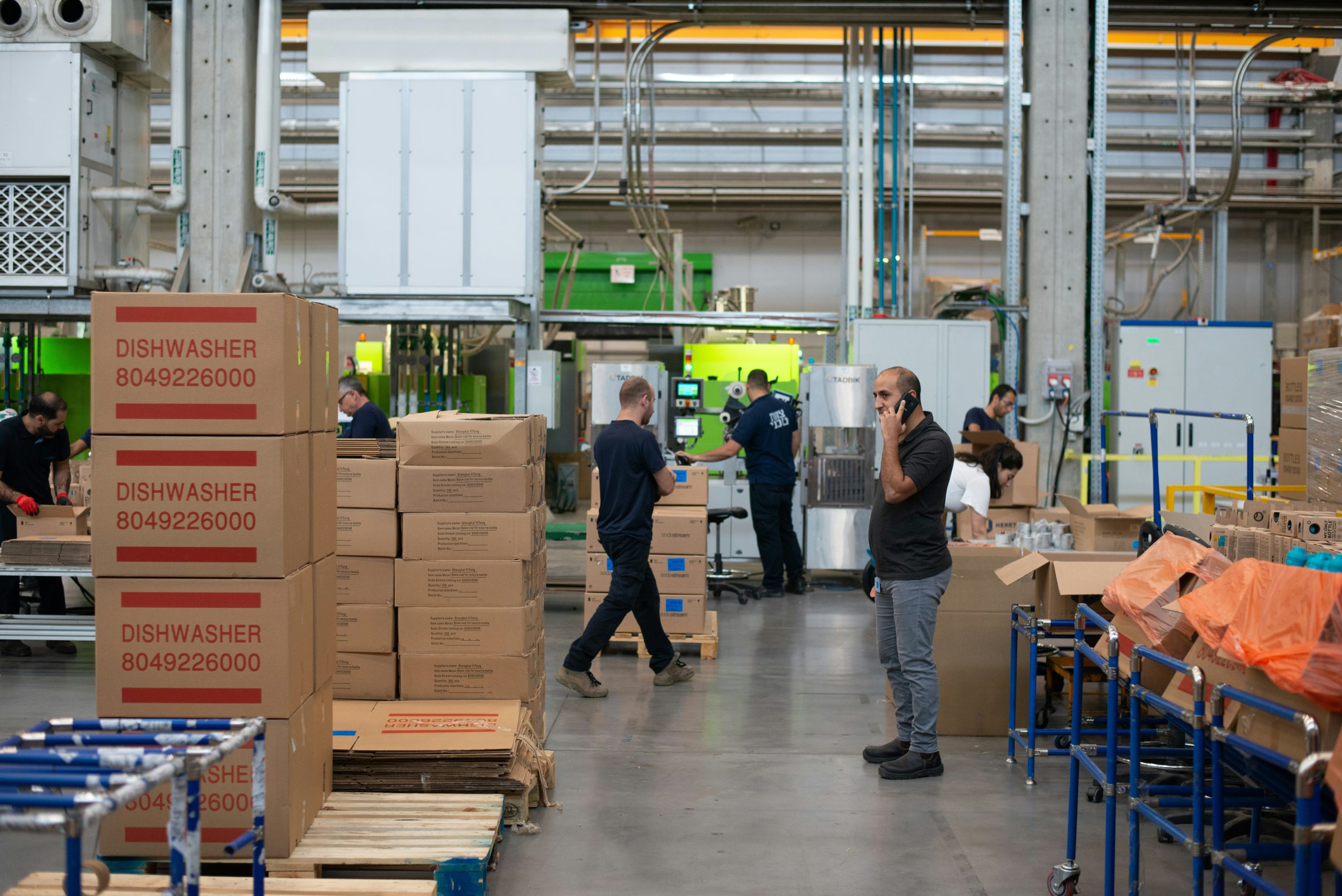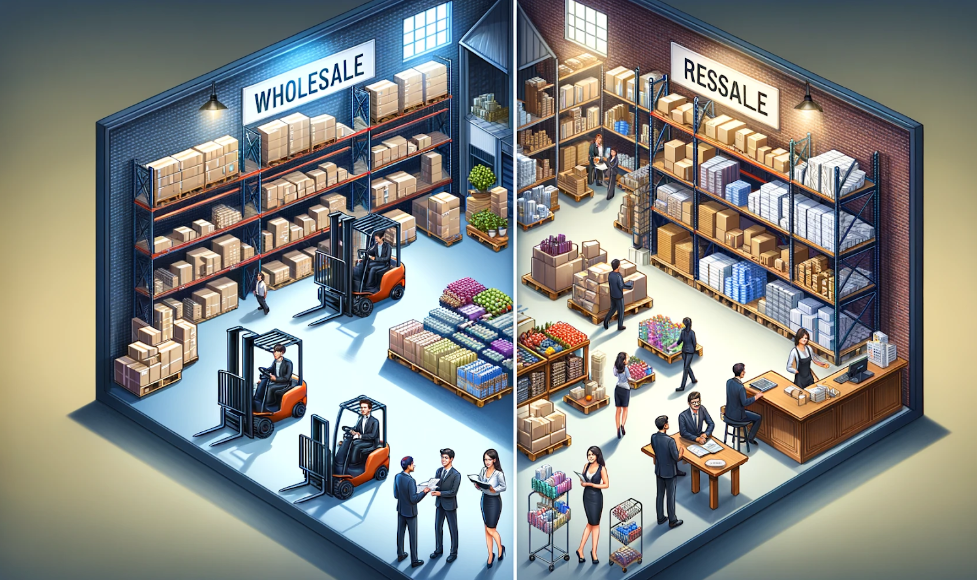Wholesale Definition: A Comprehensive Guide to Wholesale Business



What is Wholesale?
Wholesale, often referred to as wholesale meaning, involves purchasing large quantities of goods from manufacturers at lower prices and reselling them to retailers. The focus is on bulk transactions that ensure efficient distribution of products from producers to the market.
Wholesalers bridge the gap between manufacturers and retailers, facilitating a smooth flow of goods. By leveraging logistics software like Linbis, wholesalers can enhance their operations, manage inventory more effectively, and ensure timely deliveries, thereby maintaining a competitive edge in the market.
Who is a Wholesaler?
A wholesaler, or whole seller, is a business or individual that buys products in bulk from manufacturers to resell to retailers. Wholesalers play a crucial role in the supply chain, handling large-scale product distribution and managing inventory and logistics. When we ask, “who is a wholesaler?” or “what do wholesalers do?” we refer to these essential functions, which include purchasing, storing, and distributing goods.
Wholesalers rely on advanced logistics systems to manage these tasks efficiently, ensuring that products are available to retailers when needed and reducing the risks associated with inventory management.
Key Functions of Wholesalers
Wholesalers perform several key functions:
Acquiring large quantities of goods from manufacturers.
Keeping products until needed by retailers.
Efficiently delivering products to various retailers.
These functions are critical for maintaining the supply chain’s integrity. Effective wholesalers use technology to track inventory levels, predict demand, and streamline their distribution processes. By doing so, they can reduce operational costs and improve service levels, benefiting both manufacturers and retailers.
The Wholesaling Industry
The wholesaling industry includes businesses specializing in bulk transactions, ensuring goods are effectively distributed from manufacturers to the marketplace. A wholesale business definition includes companies that focus on large-scale buying and selling, which is vital for efficient market supply.
This industry relies heavily on logistics software to streamline operations and maintain efficiency. Innovations in technology, such as automation and real-time data analytics, are transforming the wholesale industry, making it more responsive to market needs and more resilient to disruptions.
What is a Wholesale Business?
A wholesale business involves purchasing products in bulk from manufacturers and reselling them to retailers. This model is essential for efficient distribution across the supply chain. What is a wholesale business specifically? It’s a business model centered on bulk transactions, crucial for market distribution efficiency, often enhanced by distribution management software like Linbis.
Wholesale businesses play a pivotal role in the economy by facilitating the movement of goods from producers to consumers, often bridging the gap between large-scale production and retail demand.

How Does Wholesale Work?
Understanding how does wholesale work involves recognizing the flow of goods from manufacturers to retailers. Wholesalers buy goods in large quantities, store them in warehouses, and then distribute them to retailers in smaller amounts. This process allows manufacturers to focus on production while wholesalers handle distribution.
Effective logistics software is key in managing this process efficiently. By using tools like Linbis, wholesalers can track shipments, manage inventory levels, and ensure that products reach retailers on time, thereby improving overall supply chain efficiency.
Retailers Function as Wholesalers
Retailers can sometimes act as wholesalers when they sell large quantities to other businesses. This dual role helps maximize reach and sales.

Wholesale vs. Resale
The main differences between wholesale vs. resale lie in the nature of their transactions. Wholesale involves selling products in bulk to retailers, while resale focuses on selling individual items to consumers. Understanding this difference is crucial for business strategy.
Wholesale operations benefit from advanced logistics and cloud inventory management tools to handle large-scale transactions. On the other hand, resale operations focus more on customer service and marketing to individual consumers. Both models require different approaches to logistics and inventory management to be successful.
Wholesaler in Marketing
In marketing, wholesalers are key to product distribution. The wholesaler marketing definition includes activities aimed at ensuring products reach retailers efficiently. This involves inventory management, logistics, and customer relations strategies.
Leveraging logistics software can enhance these marketing efforts by ensuring timely and accurate deliveries. Effective marketing strategies for wholesalers also involve building strong relationships with retailers and manufacturers, understanding market trends, and using data analytics to optimize marketing campaigns and distribution plans.

Benefits of Wholesale
Wholesaling offers numerous advantages:
- Cost Efficiency: Buying in bulk reduces per-unit costs.
- Streamlined Distribution: Efficient processes ensure quick delivery to retailers using linbis pickup and delivery software.
- Risk Mitigation: Wholesalers handle storage and logistics risks.
- Increased Reach: Manufacturers can distribute products widely through wholesalers.
Wholesalers also benefit from economies of scale, which can lead to lower operational costs and higher profitability. By using advanced logistics software, wholesalers can optimize their supply chain operations, reduce waste, and improve overall efficiency.
What Does a Wholesaling Company Do?
A wholesaling company buys products, stores them, and sells them to retailers. This model is essential for efficient distribution across the supply chain.
What is Wholesaling?
Wholesaling is the act of engaging in wholesale activities. It encompasses the buying, storing, and selling of goods in bulk to retailers.
What is Wholesale in Business?
The wholesale meaning in business refers to the buying and selling of goods in bulk. This model helps in the efficient distribution of products across the supply chain.
What Does a Wholesaling Company Do?
A wholesaling company buys products in bulk, stores them, and sells them to retailers. This process helps streamline the supply chain and ensures efficient distribution.
Linbis Distribution Management Software
Key Features:
- Inventory Management: Streamline your stock control.
- Order Processing: Efficiently handle bulk orders.
- Logistics Coordination: Optimize distribution routes and schedules.
- Quality Control: Maintain high standards across your products.
These features are designed to help wholesalers manage their operations more effectively, reduce operational costs, and improve overall efficiency. By using Linbis, wholesalers can gain better control over their supply chain and deliver superior service to their customers.
Benefits:
- Efficiency: Reduce operational costs and improve productivity.
- Scalability: Easily manage growth and expansion.
- Integration: Seamlessly connect with other business systems.
Linbis offers a comprehensive solution that can adapt to the changing needs of wholesalers. Whether you’re looking to expand your operations or streamline your current processes, Linbis provides the tools and support you need to succeed.
Why Choose Linbis?
- Comprehensive Solutions: Tailored for both wholesale and retail sectors.
- User-Friendly Interface: Easy to implement and use.
- Expert Support: Ongoing assistance and updates.
Choosing Linbis means investing in a solution that can grow with your business. With its user-friendly interface and robust feature set, Linbis can help you optimize your wholesale operations and achieve your business goals.
Conclusion
Understanding the wholesale definition and effectively managing your wholesale vs. retail operations can significantly enhance your business efficiency. Linbis distribution management software provides the tools you need to succeed in both realms. Contact Linbis today to learn more or to request a demo and see how our software can transform your business.
Optimize your distribution management and stay competitive with Linbis. Investing in the right logistics software can make a significant difference in your business operations, helping you reduce costs, improve efficiency, and deliver better service to your customers
Contact Linbis for a demo and optimize your distribution management today!
